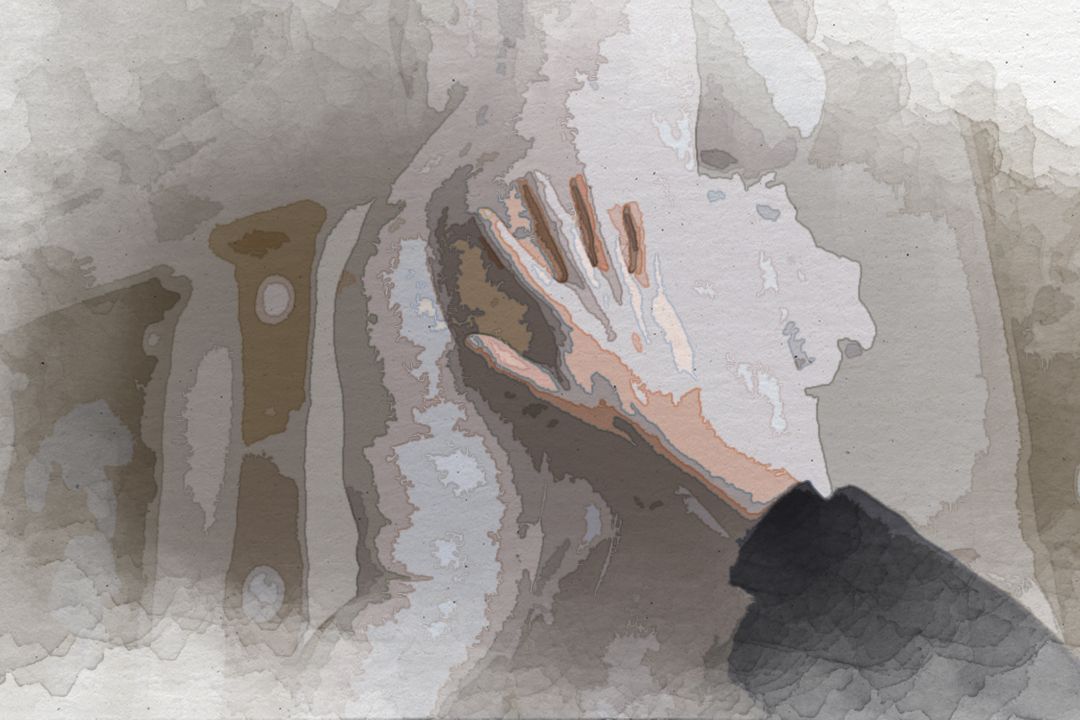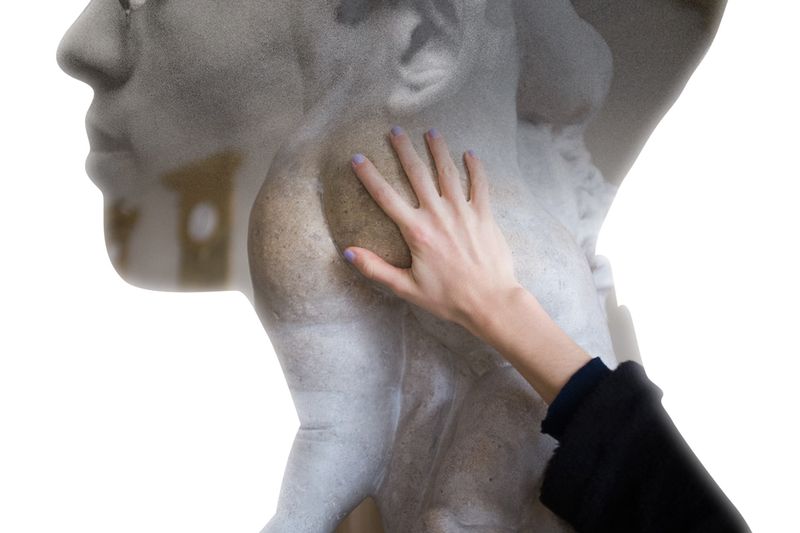The Six Ends With Sex

Classy Ass End — A Pathetic Paronomasia
Women desire six things: They want their husbands to be brave, wise, rich, generous, obedient to wife, and lively in bed.
— Geoffrey Chaucer (1343-1400)
One day the last portrait of Rembrandt and the last bar of Mozart will have ceased to be — though possibly a coloured canvas and a sheet of notes will remain — because the last eye and the last ear accessible to their message will have gone.
— Oswald Spengler (1880-1936)
I like the word 'indolence'. It makes my laziness seem classy.
— Bernard Williams (1929-2003)

The planksip Writers' Cooperative is proud to sponsor an exciting article rewriting competition where you can win part of over $750,000 in available prize money.
Figures of Speech Collection Personified
Our editorial instructions for your contest submission are simple: incorporate the quotes and imagery from the above article into your submission.
What emerges is entirely up to you!
Winners receive $500 per winning entry multiplied by the article's featured quotes. Our largest prize is $8,000 for rewriting the following article;

At planksip, we believe in changing the way people engage—at least, that's the Idea (ἰδέα). By becoming a member of our thought-provoking community, you'll have the chance to win incredible prizes and access our extensive network of media outlets, which will amplify your voice as a thought leader. Your membership truly matters!


